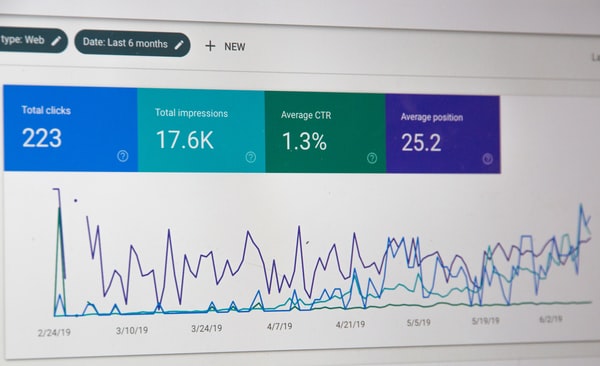Data fabric is a tool that helps businesses to manage and process data more efficiently. It can connect different data sources, process and analyze data more quickly, and make better decisions. Keep reading to learn more about how data fabric can help your business.
What is data fabric?

The data fabric definition is a network infrastructure that manages data flow between systems, applications, or organizations. Data fabrics are also often used to support big data initiatives by efficiently collecting large volumes of data from different sources. Big data analytics can be used for various purposes in the business industry, including marketing, product development, and risk assessment. By analyzing large amounts of data, businesses can identify new opportunities and trends, as well as potential risks.
Data fabrics are also helpful for troubleshooting issues. When there is an issue with a business process or system, it can be challenging to determine where the problem is. By analyzing data from multiple sources, it may be possible to pinpoint the source of the problem. This can help businesses fix problems more quickly and efficiently. And those who consider starting an import/export business are lucky because data fabric imports and exports data.
How is data fabric used in the business industry?

When it comes to data governance, data fabric can be used to help ensure that data is managed in a way that is consistent with the company’s governance policies. The platform can also help improve data quality by identifying and correcting issues. Additionally, data fabric can improve data integrationby streamlining the process of integrating data from different sources. This can help improve the business’s overall performance by reducing the time needed to process data. Additionally, data fabric can be used to enhance data security. The platform can help to protect data from unauthorized access and can also help to ensure that data is adequately encrypted. This can help to protect the privacy of the company’s data and can help to ensure that data is not compromised.
What types of businesses use data fabric?
Every industry has different needs for data management, so there is no one-size-fits-all answer to this question. However, some industries commonly use data fabric, including healthcare, manufacturing, and finance. Healthcare is a data-intensive industry, with vast amounts of information to manage and process. The healthcare industry is data-intensive, with enormous amounts of information to collect and process. Data fabric provides a way to manage and process data more efficiently and effectively.
It enables healthcare organizations to access data from various sources, including electronic medical records (EMRs), insurance claims, and patient surveys. This helps ensure that data is accurately and efficiently processed, leading to improved decision-making and patient care. Data fabric can also help to streamline the process of sharing data between different departments and healthcare providers. Manufacturing companies rely on data fabric to manage the volumes of data generated by their factories and supply chains. The data that manufacturing companies generate is vast and challenging to manage.
The finance industry is a critical part of the global economy. It is responsible for the management and processing of financial data. This can include data on stocks, investments, and financial transactions. Data fabric can play a critical role in helping the finance industry to improve analysis and decision-making and reduce the risk of fraud.
Data fabric can help to optimize production processes, track inventory, and manage customer relationships. Data fabric can collect data from various sources, including machines, sensors, and social media. This data can then be processed and analyzed to help companies improve their production processes and make better products. Data fabric can also be used to track inventory and ensure that the correct supplies are always available. Lastly, data fabric can be used to manage customer relationships. Companies can create targeted marketing campaigns and improve customer service by understanding customer behavior.



















